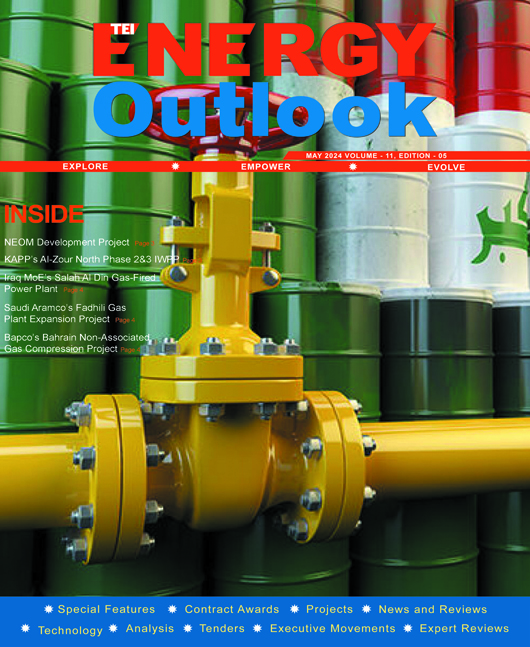
Iraq’s Project Outlook
The Iraqi oil industry plays an important role in shaping the future of the national economy. The Federal Iraq and Kurdistan Regional Government is the second-largest crude oil producer in OPEC after Saudi Arabia and the sixth-largest total petroleum liquids producer in the world.
Iraq has the fifth-biggest oil reserves in the world with 147 billion barrels of proven reserves, equal to 17% of the Middle East and 8% of the world’s oil. The country delivered steady oil production in 2023 with annual average of up to 4.6 million barrels per day (mbpd). Now it is close to reaching an extraction capacity of up to 5 mbpd.
Crude oil export revenues account for a large part of Iraq’s economy. Most of country’s crude oil is located in the southern Basra region, the Diyala region east of Baghdad, and the northeastern Kirkuk region. Most of the fields are producing or are in development.
Iraq is steadily expanding its energy sector with over $126bn of major projects underway in the oil, gas, chemical and power sectors.
Iraq’s current gas production reaches 3,200 million standard cubic feet (scf) per day, while some 18 billion cubic meters (bcm) of gas annually is burned in a wasteful process known as flaring, which is one major cause of global climate change.
The country is making a significant progress in its quest to capture more of the associated gas that is produced along with crude oil. The Iraqi government is accelerating work to implement an optimal investment plans for gas wealth that aims to maximize national production, stop burning gas, and transform it into useful energy to supply and meet the needs of the electricity sector and industries related to its consumption.
The ministry is establishing projects to invest 900 million scf of gas in Dhi Qar, Basra, and Maysan, in addition to another 600 million through the French company TotalEnergies.
In the power sector, Iraq has drawn up plans for over $80bn investment to face a rapid growth in domestic demand due to economic expansion and a steady population increase. The country is encouraging the private sector to contribute to power projects.
Iraq has awarded solar power projects with a total capacity of around 7.5 GW to foreign firms and intends to offer more such projects within plans to reduce reliance on traditional power sources. The Iraqi government has declared its intention to revive the country's long-abandoned nuclear energy program.
Last year, the Government of Iraq and TotalEnergies have signed a landmark mega-energy agreement involving four projects worth an estimated $27bn. The deal aims to increase oil production as well as boost Iraq’s capacity to use gas and renewables.
With its huge oil and gas wealth, Iraq is undoubtedly one of the largest projects markets in the region. Though, beset by its geopolitical and financial challenges, direct foreign funding is providing a much necessary boost for the projects to proceed.
Editor